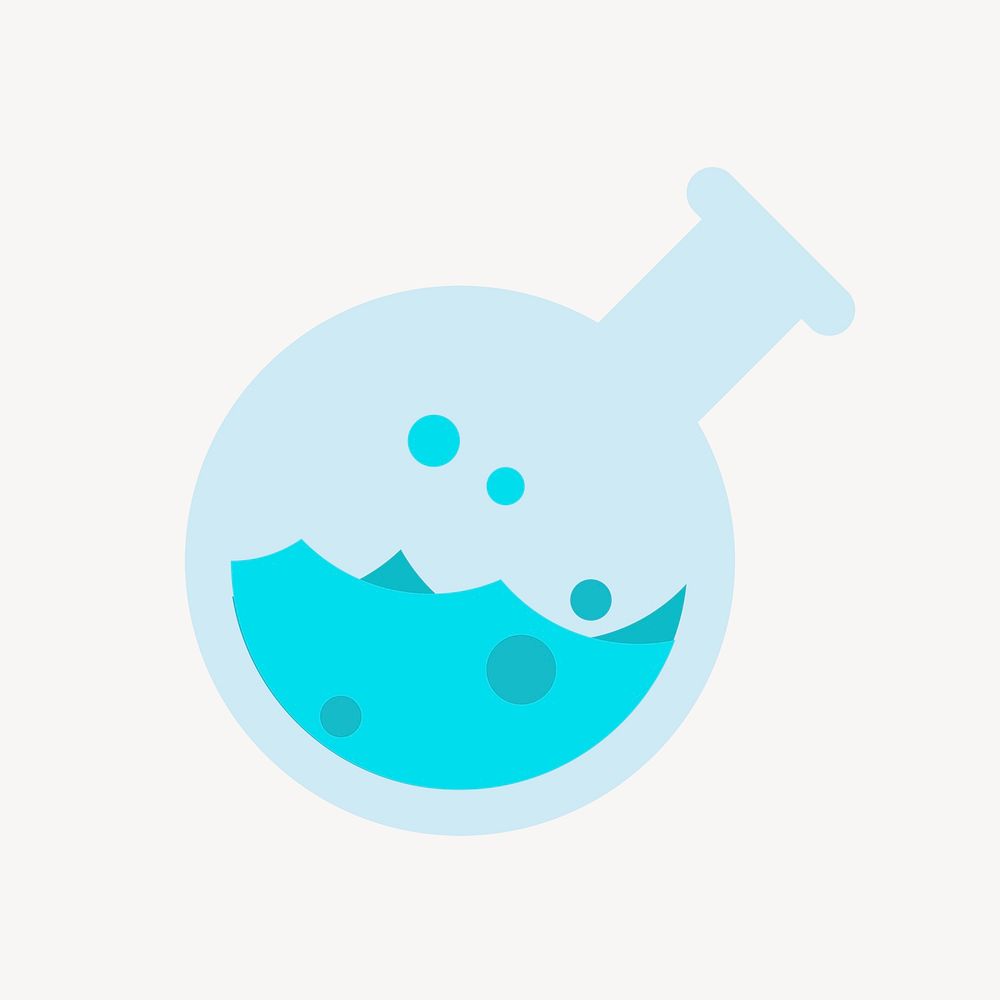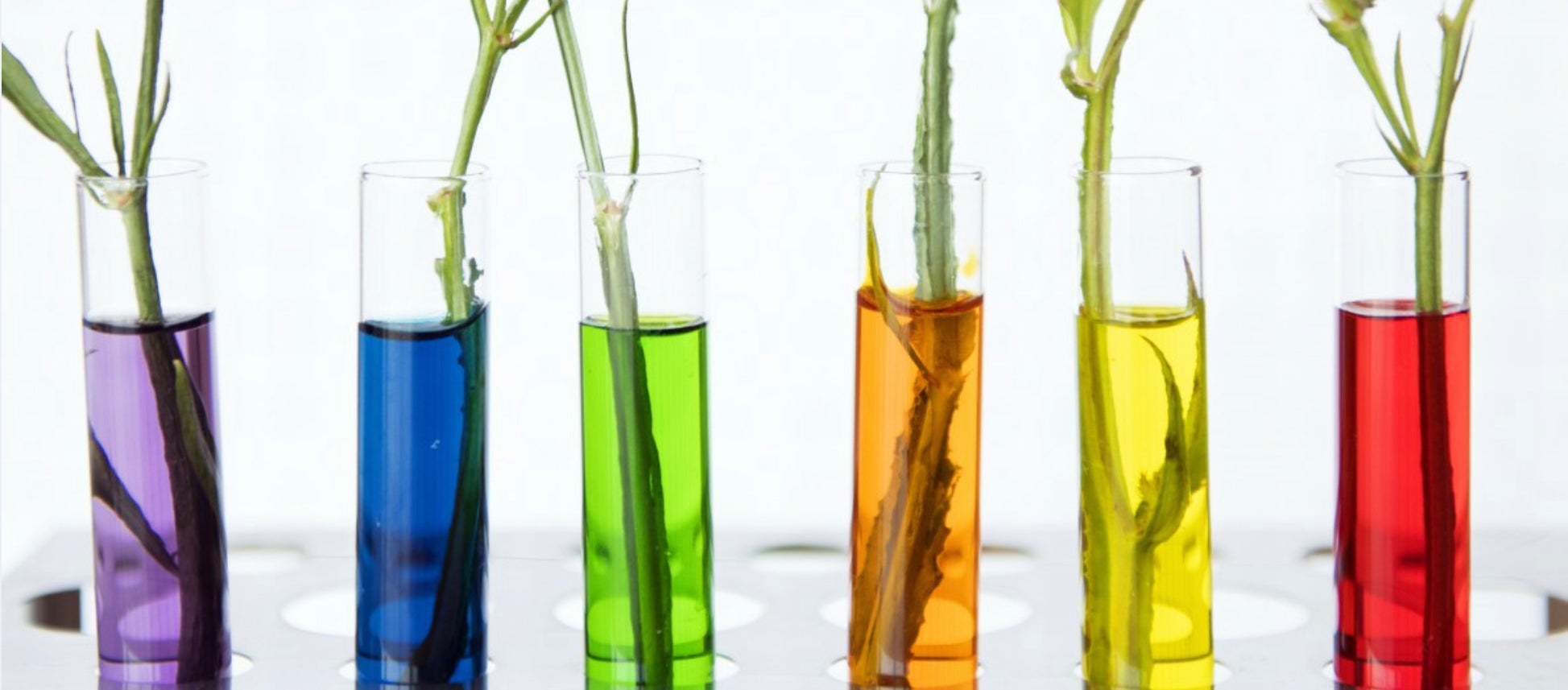Hydroponic Water and Water Management
Hydroponic Water: How and When to change
All plants need water to grow. Hydroponic plants survive (and thrive) on water that has nutrients mixed into it. But that hydroponic water needs to be clean.
The hydroponic water, called nutrient solution, contains macronutrients (NPK), secondary nutrients (calcium, magnesium and sulfur) and micronutrients (boron, chlorine, copper, iron, manganese, molybdenum and zinc.) In order to know how much nutrient is in the water, you use a meter to monitor the total dissolved solids (TDS), or electroconductivity (EC) of the solution. Since all plants have a certain pH that helps them uptake nutrients, growers also monitor the pH.
Here are some scenarios that will signal that it’s time to change the water and why:
Scenario 1: You have some lettuce seedlings that are growing quickly. Every day you have topped off the water, checked the EC and pH, and added nutrients. For some reason the growth of the lettuce is starting to slow down, even though the EC is still where you want it to be. What’s going on?
Answer: Nutrient imbalance. Plants uptake nutrients at different rates. As the lettuce is growing, it’s uptaking nitrogen at a very rapid pace. It’s not using the other nutrients nearly as fast, so they are still present in the water. At some point, even though your EC is high, there might not be much nitrogen left in the nutrient solution. Your meter only measures TOTAL dissolved solids - not which solids are in there. So it’s time to change the water so you will have nice balanced nutrients for your hydroponic lettuce.
Even if the EC is lower than it was before you changed the water, the plants will grow faster with fresh nutrient solution because the balance is right.

Scenario 2: You notice your hydroponic basil leaves are getting purple spots and some of the leaves are pale. The EC and pH seem fine. What should you do?
Answer: You could spend hours pouring over a chart of which nutrients are out of balance. Too little potassium? Excess sulfur blocking nutrient uptake? Mobile or immobile? Who cares? Rather than trying to puzzle out what’s not right, just dump out the water and mix up a fresh batch of nutrient solution.
It’s really important to know about nutrient deficiencies and toxicities, but it’s faster and cheaper to just clean out your reservoir. Your plants will bounce back in no time.
Scenario 3: Your hydroponic water has algae in it, or floating bits or roots or insects. It doesn’t look that clean. Does it matter?
Answer: Well, yes and no. Best practice is to have crystal clean water. But if you’ve recently cleaned your reservoir and put in fresh nutrients, you may not want to waste all that good nutrient solution just because it looks dirty. However, any bit of material can clog your pump which is a good reason to change the water. Waterborne insect larvae can sometimes be killed by throwing a mosquito dunk into the reservoir, and algae can sometimes be eliminated with hydrogen peroxide. But honestly if you are seeing these things, you have bigger problems than an unbalanced nutrient solution.
It’s never a bad idea to change your hydroponic water. Often that will solve all your nutrient problems. Even if things are growing well and you don’t see any visible problems, the water should be changed at least once a month. You don’t have to waste your solution - you can pour it on your soil plants or houseplants or even your lawn. They will love it!
For more great content check out the Proponics YouTube channel below!





